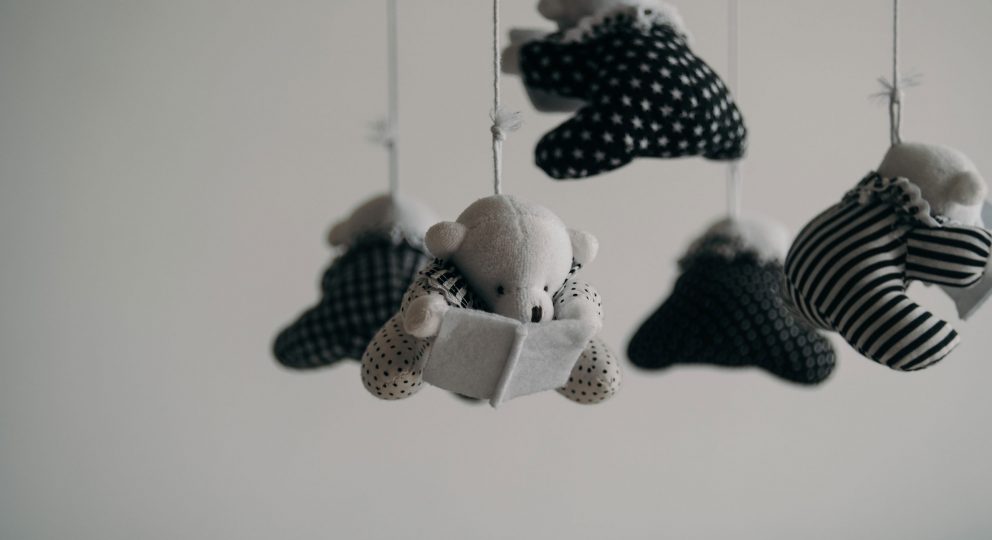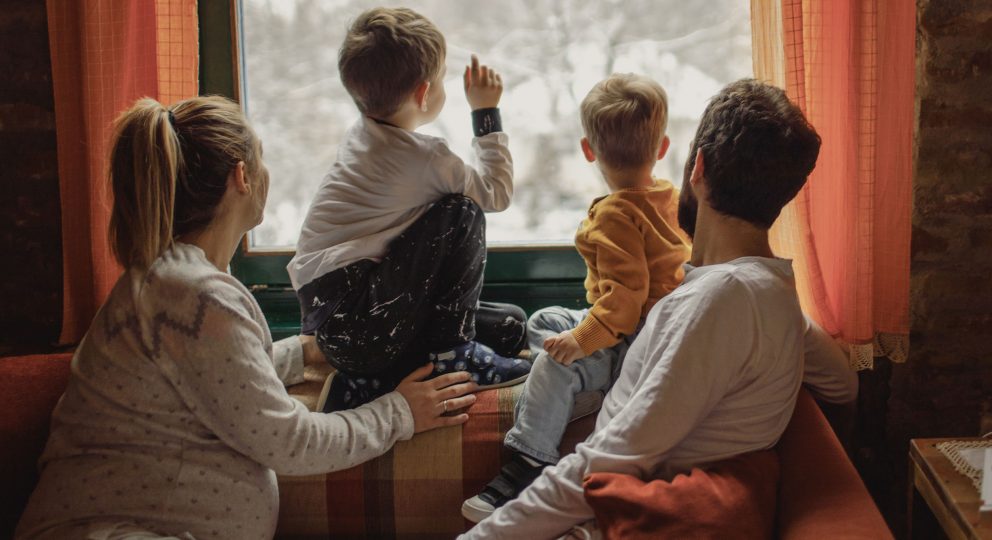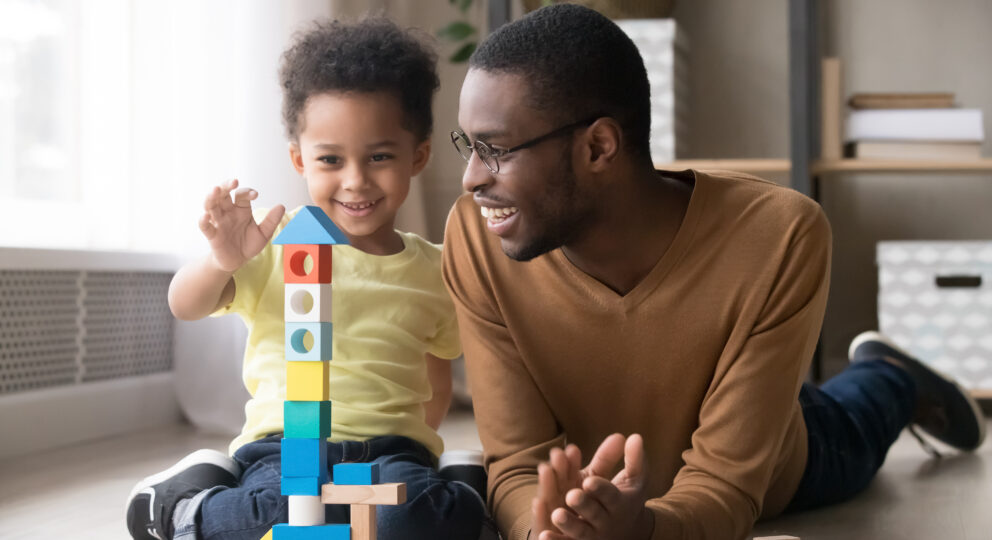We will grieve forever because we love forever. There is no end to our love for our child,
therefore there is no end to our grief… We will never get over it.
– Angela Miller, A Bed for My Heart
Six words changed my life forever. “I’m so sorry. There’s no heartbeat.” One day my baby was perfectly healthy, kicking and squirming inside of me, and the next day he was gone.
I was 35 weeks pregnant when my baby died. There were no indications that anything was wrong, so I was not prepared for the deluge of confusion, pain, and grief that followed those six words. In less than three seconds, my world was completely altered. My new reality meant I had to call my husband to tell him that our baby had died, go through the agony of childbirth but never see my beautiful boy take a single breath, and explain to my children that their baby brother would never get to come home.
A few hours after I had given birth to Bodie, my postpartum nurse came in to take my blood pressure. She informed me that a baby that comes after a miscarriage or stillbirth is called a “rainbow baby.” A rainbow baby, she explained, would help me “move on.” I was holding my sweet baby boy, still and silent and absolutely perfect, in my arms while she spoke. I mumbled something about having heard that term and prayed she would leave quickly.
My experience with a health care provider whose attempts to comfort me felt dismissive and inflicted more pain is not unique. Research suggests that physicians routinely underestimate the level and duration of grief experienced by parents of stillborn babies. I knew her words were spoken in kindness and meant to provide hope, but they stung.
What if I couldn’t have another baby? What if I didn’t want to have another baby? If I had another baby, would that mean that I was trying to replace Bodie? How could she not understand that I was crushed and never wanted to even think about seeing another baby? I just wanted to take my sweet boy home and forget all about this nightmare.
Four months later, I posted a picture of a drawing my 5-year-old drew for Bodie with the caption, “I love you sweet boy,” on Instagram. I should have been posting a picture of a squirmy baby with a “4 months old” sticker on his onesie and a blurb about how he was starting to babble and laugh at his siblings. A few days after my post, a friend informed me that a mutual acquaintance said she was tired of seeing me mourn on social media and that I should be over it by now; it was time to move on. I thanked my friend for letting me know, blocked the mutual acquaintance on my social media accounts, and told my husband and sister about the incident. We all agreed that she was unkind and that I shouldn’t give her a second thought.
Despite their advice, for the following week I scrutinized every social media post I had made about Bodie and the comments that followed. Was I not adequately conveying the trauma and agony I felt from my baby’s death? Was I oversharing? Why did I care what she thought? Were my other friends thinking the same thing and just too polite to say anything? Did people think I was being overdramatic? Was I being overdramatic?
Despite all of the kind words that had been spoken to me and the outpouring of support I had felt from family members and friends, the self-doubt continued until I saw a Facebook post in a group for bereaved parents. A mother grieving the loss of her 21-year-old daughter explained that posting memories and pictures of her daughter brought her peace, but she worried that people were growing annoyed with her inability to move on.
Reading that post, I knew that I wasn’t crazy for continuing to miss Bodie and memorialize him, just as she wasn’t crazy for wanting to remember and celebrate her daughter’s life. He is my child, and the agony felt by a parent who has lost a child, no matter the child’s age, is not something that others who have not experienced this type of loss can fully comprehend.
Everyone should be allowed to grieve on their own terms and on their own timeline. Bereaved parents need to be validated and supported in their efforts to remember and memorialize their children. There is no limit to the depth or duration of the grief and pain associated with the death of a child.
I am not angry that my baby died, nor am I angry that some people don’t understand grief. I am sad. I need to be sad without feeling like I am crazy or questioning whether other people think I am crazy. Each morning when I wake up, my first thought is, “Bodie is gone. My baby is still dead.” I will never move on because this loss is now integrated into my everyday life; I will always love him, miss him, and remember him.








